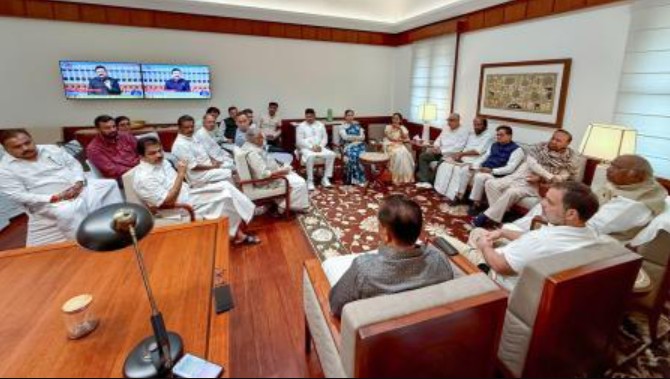Exploring how nostalgia drives buying decisions and shapes lifestyle trends today
What Is Nostalgia and Why Does It Matter?
Nostalgia is a powerful emotion that connects us to memories from the past—often a time perceived as simpler or happier. In today’s fast-paced, constantly changing world, this feeling offers comfort, security, and a sense of identity. But nostalgia is more than just a sentimental feeling; it’s shaping the way people shop, decorate their homes, and even choose experiences.
How Nostalgia Influences Modern Consumer Behavior
1. Seeking Emotional Connection
Brands that tap into nostalgia create an emotional bond with consumers. Products reminiscent of childhood toys, classic designs, or retro packaging can evoke happy memories, encouraging people to buy.
2. The Appeal of Authenticity
In an age of mass production and digital overload, nostalgic products feel authentic and “real.” Vintage fashion, vinyl records, and handcrafted goods offer a tangible connection to the past.
3. Escaping Present-Day Stress
With ongoing uncertainties like economic challenges or global crises, consumers turn to nostalgia as a psychological refuge. Familiar styles or flavors from the past provide comfort and reduce anxiety.
4. Community and Shared Experiences
Nostalgia also fosters a sense of belonging. Shared memories of past decades—like 80s music or classic TV shows—build communities online and offline, influencing trends collectively.
Examples of Nostalgia in Today’s Market
- Fashion: Revival of 90s and early 2000s styles among Gen Z and millennials.
- Entertainment: Reboots of classic TV series and movies attracting loyal fan bases.
- Food & Beverage: Return of retro snacks and drinks with vintage branding.
- Technology: Demand for analog cameras and vinyl records in a digital era.
Why Marketers Should Care
Understanding nostalgia’s role helps brands create more meaningful campaigns that resonate deeply with consumers. It’s not just about selling a product but about selling a story, a feeling, and a connection.
Conclusion
Nostalgia is more than a passing trend; it’s a psychological driver rooted in human need for connection, comfort, and identity. As consumers continue to seek emotional resonance, brands and creators who authentically embrace nostalgia will lead the way in shaping future lifestyle habits.



